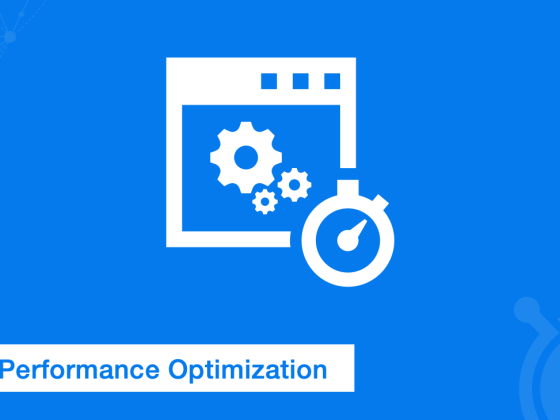In the ever-evolving landscape of the digital world, where billions of searches are conducted every day, the importance of Search Engine Optimization (SEO) cannot be overstated. For web developers, mastering the art and science of SEO is crucial to ensure their creations not only stand out in the vast ocean of the internet but also reach the right audience. In this guide, we will delve into the intricacies of SEO for web developers, covering technical aspects, content strategies, and essential SEO tools.
Technical SEO: Laying the Foundation
1. Website Speed Optimization:
One of the critical factors in SEO is page loading speed. Search engines favor fast-loading websites, as user experience plays a pivotal role in ranking. Web developers can employ techniques such as optimizing images, leveraging browser caching, and minimizing HTTP requests to enhance website speed.
2. Mobile Responsiveness:
With the majority of internet users accessing content via mobile devices, ensuring mobile responsiveness is imperative. Google prioritizes mobile-friendly websites, making it essential for web developers to implement responsive design techniques, like using CSS media queries.
3. Clean and SEO-Friendly URLs:
Crafting clean and descriptive URLs not only enhances user experience but also contributes to SEO. Web developers should create URLs that are easily readable and contain relevant keywords, aiding search engines in understanding the content.
4. XML Sitemaps:
Web developers should generate XML sitemaps to help search engines index and understand the structure of a website. This assists in better crawling and ensures that all important pages are included in search engine results.
Content Strategies: Crafting Compelling and SEO-Optimized Content
1. Keyword Research:
Effective keyword research is the cornerstone of any successful SEO strategy. Web developers should conduct thorough keyword research to identify relevant terms and phrases that their target audience is likely to search for. Tools like Google Keyword Planner and SEMrush can assist in this process.
2. High-Quality Content:
Search engines prioritize high-quality, valuable content. Web developers should focus on creating content that answers user queries, provides solutions, and engages the audience. Regularly updating content keeps it fresh and relevant, signaling to search engines that the website is actively maintained.
3. On-Page SEO:
Optimizing individual pages for SEO involves strategically placing keywords in titles, headers, meta descriptions, and throughout the content. Additionally, using descriptive image alt text and creating internal links can boost the overall SEO performance of a website.
SEO Tools: Leveraging Technology for Optimization
1. Google Analytics:
Web developers can harness the power of Google Analytics to gain insights into website traffic, user behavior, and the effectiveness of various pages. This data is invaluable for making informed decisions to improve overall SEO performance.
2. Google Search Console:
Google Search Console provides essential information about how Google views a website. Web developers can use this tool to identify and fix crawl errors, submit sitemaps, and monitor website performance in search results.
3. SEO Plugins:
For websites built on platforms like WordPress, SEO plugins such as Yoast SEO or Rank Math can simplify the optimization process. These tools offer features like on-page SEO analysis, XML sitemap generation, and content readability checks.
Conclusion: Empowering Web Developers for SEO Success
In the dynamic realm of SEO, web developers play a crucial role in ensuring websites are not only technically sound but also optimized for search engines. By focusing on technical SEO aspects, crafting compelling content, and leveraging powerful SEO tools, web developers can propel their creations to the forefront of search engine results. As the digital landscape continues to evolve, staying informed and adapting to new SEO trends will be key to maintaining visibility and relevance on the web.






